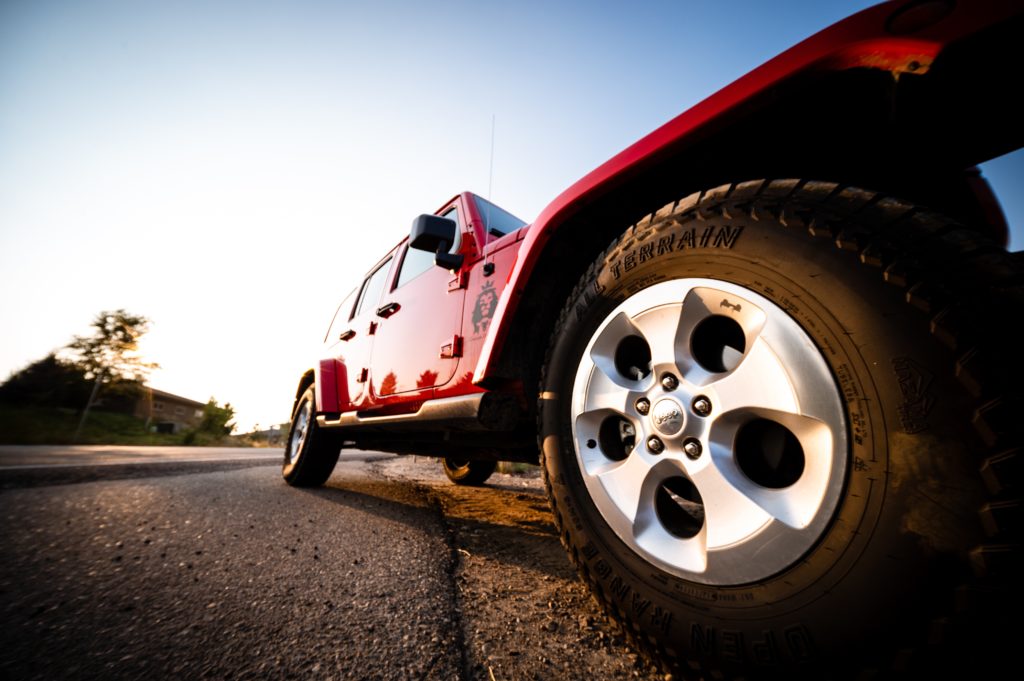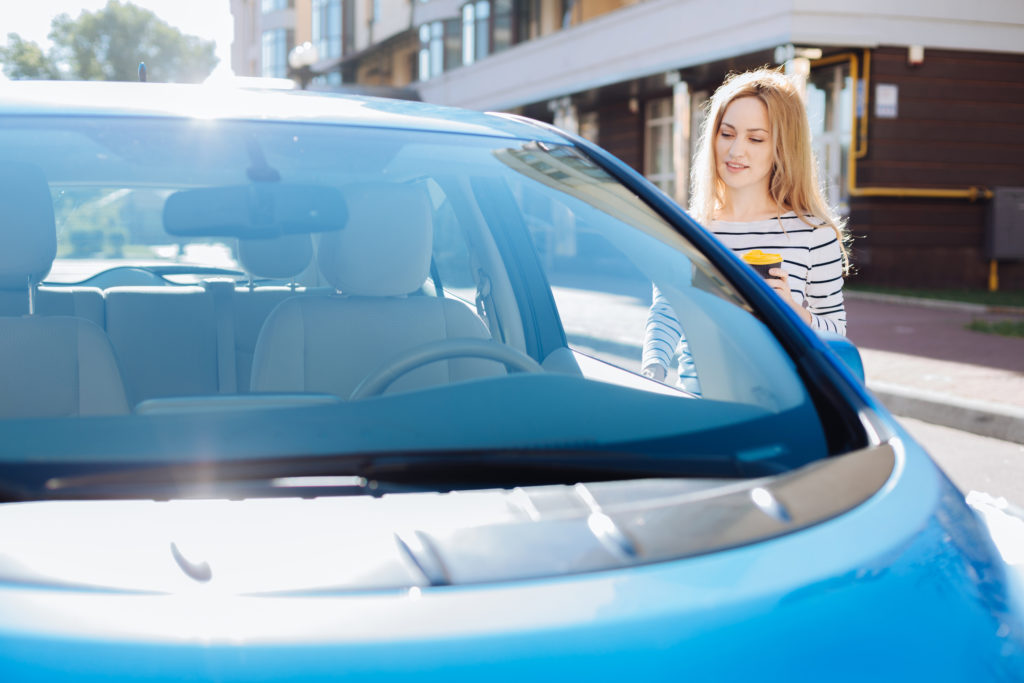
Buying a car from a private seller may save you some money compared to buying from a dealership. However, you still want to do some research to make sure you are getting a good deal. Here are five tips to follow when purchasing a car from a private seller:
Do Research
When you find a car that you are interested in, you will have to do your homework on the car. First, start with a vehicle history report. The report will disclose any accidents or damage the car has had. Afterward, ask the owner questions such as if they have a service record of the maintenance done on the car or if there are issues with the car. This will help you get a better idea of the car.
Take a Test Drive
You can get a better feel for the car by taking it out for a test drive. Note how the brakes and suspension feel as it drives. Keep an ear out for any odd noises, especially when accelerating and braking. Check to make sure that certain functions such as the turn signal and lights work.
Get an Inspection
Take the car to a mechanic so they can perform a safety inspection on it. They will be able to tell you if there are any issues with the car. The mechanic can also determine if there is any damage caused by an accident that was not reported. Find a local mechanic that you trust to look at the car thoroughly.
Shop for Financing
Unless you have cash on the spot to pay for the full price of the car, you will need to get financing. Shop around for different financing options. Some banks will offer loans specifically designed for private auto sales. Look around at different loans and see where you can get the best rate.
Get the Paperwork
After you and the seller have agreed to a final price and your financing is covered, you will want to get the paperwork for the car. This includes the title being signed over to you, lien information, and odometer disclosure statement. After filing the paperwork and paying any fees, you will get a new car title under your name. If you’re dealing with someone from another state, make sure to check our post on how to ship a car to another state to know what mistakes to avoid.
In Conclusion
Buying a car from a private seller will require some more time and effort from you. Before you finalize the sale, make sure you do things such as ask questions, do a test drive, and get an inspection done by a trusted mechanic. If done right, you can purchase a used car at a lower price than at a dealership.






